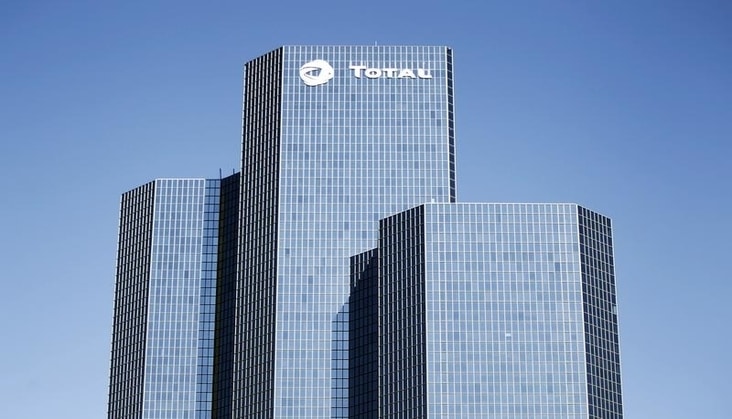Total’s declaration of force majeure in Mozambique shows that the viability of onshore liquefied natural gas (LNG) development in the north of the country depends on external military intervention.
The declaration follows the withdrawal of all project personnel from the Afungi site, Total said in a statement 26 April. The company had already suspended plans to resume construction in late March after the insurgents attacked the nearby town of Palma.
Total last year signed a $14.9bn senior debt financing agreement for the country’s first onshore LNG development. More than 30m mt/year of LNG production capacity is under development in Mozambique, which would be enough to turn the country into a major LNG exporter. The plans have been thrown offtrack by a radical Islamic insurgency which began in 2017 and which the government has proved unable to control.
The Total project cannot resume without a substantial improvement in the security environment, and this is not likely for at least one or two years, says Nathan Hayes, an analyst at the Economist Intelligence Unit (EIU). “Operational weaknesses within the Mozambican armed forces and the deep flaws in the government’s counter-insurgency strategy will necessitate more direct external involvement,” in the form of foreign troop deployments, Hayes says.
- This is needed to avoid “the total loss of control of large swathes of Cabo Delgado and to secure the eventual development of the LNG sector.”
- Resorting to force majeure suggests a “lengthy” stoppage to construction activity, and allows Total to suspend some contractual obligations, Hayes says.
- The company could yet suspend or rescind more contracts, depending on how long the interruption lasts.
Still, Total is far from walking away from Mozambique, Hayes says.
- He expects domestic security forces, who have proved incapable of controlling the insurgency, to receive support from international partners, with military training from countries such as the US and Portugal and greater use of private military contractors.
- Such assistance will take time to co-ordinate, and more time to achieve results against the insurgents.
Hayes expects construction work at Total’s Area 1 site to recommence from 2023, compared with a previous target of 2021. Gas output from Area 1 will then likely start from 2026 or 2027 he says.
Paying the bill
Total says it hopes that Mozambique’s government and regional and international partners will restore security in the northern Cabo Delgado province. But it’s unlikely that Mozambique government spending to counter the insurgency will increase significantly, says Sam Maybee, an analyst at Africa Matters in London.
The government has been “fairly transparent that its response to the war is, from a fiscal point of view, very constrained,” Maybee says. “Additional costs for training and equipment are increasingly likely to be shouldered by external partners.”
- Total is unlikely to resume its LNG project within the next year, says Zaynab Mohamed, an analyst at NKC African Economics in Cape Town. The start of gas exports may now be delayed to the first half of 2026, she says.
Dealing with Islamist extremism in the area requires more than a purely military approach, Mohamed argues.
Intervention “will need to be supplemented with socioeconomic development and government reforms, especially efforts to tackle corruption.”
Bottom line
The international community has the choice between abandoning Cabo Delgado to its fate, or recognising that the government is too weak to tackle the insurgency alone.
Understand Africa’s tomorrow… today
We believe that Africa is poorly represented, and badly under-estimated. Beyond the vast opportunity manifest in African markets, we highlight people who make a difference; leaders turning the tide, youth driving change, and an indefatigable business community. That is what we believe will change the continent, and that is what we report on. With hard-hitting investigations, innovative analysis and deep dives into countries and sectors, The Africa Report delivers the insight you need.
View subscription options

